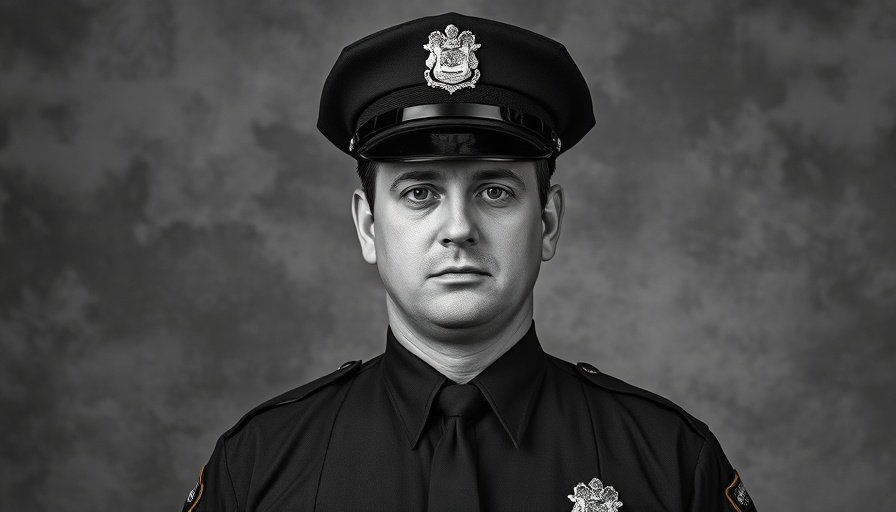
Parole for a Convicted Killer: A Controversial Decision
In a shocking turn of events, the Kansas Prisoner Review Board has granted parole to Jimmie K. Nelms, a man convicted of murdering Kansas Highway Patrol Trooper Conroy O’Brien in 1978. The decision, which came just weeks after Nelms’ hearing, has sparked widespread outrage among law enforcement agencies, policymakers, and the public at large.
Understanding the Crime: A Fatal Traffic Stop
Trooper O'Brien, then only 26 years old and with a pregnant wife, was killed during a traffic stop when Nelms attempted to rob him. After forcing O’Brien out of his patrol car, Nelms shot him twice in the head. This brutal act shocked the community at the time and has remained a pivotal case in discussions about justice and the treatment of convicted criminals.
The Legal Landscape: Changes in Kansas Law
At the time of the crime, Kansas did not have the death penalty, which would have been the most fitting punishment for the murder of a law enforcement officer under today’s statutes. This highlights a critical gap in law, as killing an officer is now an offense punishable by death or life imprisonment without parole. Those looking to understand the implications of this case must grapple with how changes in law affect the outcomes of past crimes.
Public Response and Legislative Action
Critics of the parole decision have been vocal, with the Kansas State Troopers Association describing it as "disgraceful and disgusting." Republican leaders, including Senate President Ty Masterson and House Speaker Dan Hawkins, expressed their disbelief at the board's decision. Meanwhile, Attorney General Kris Kobach emphasized that "those who murder law enforcement officers should expect to receive the death penalty." This sentiment reflects a broader frustration with criminal justice policies that prioritize rehabilitation over accountability.
The Governor's Position: A Call for Reexamination
Governor Laura Kelly has called for a reassessment of the parole decision, indicating that the gruesome facts of the case should weigh heavily on any consideration for release. Her push is a reflection of ongoing tensions between those who advocate for criminal justice reform and those who prioritize the safety of law enforcement officials and the community. The board's decision sets a concerning precedent, especially given the traumatic nature of O'Brien's murder.
The Role of Law Enforcement in Parole Decisions
Law enforcement agencies across the nation are increasingly aware of the effects of parole decisions on community safety and officer morale. With rising concerns over violent crime and the safety of police officers, the decision to grant parole to Nelms raises questions about the efficiency and intent of our parole systems.
Future Implications: What This Means for Policing and Public Safety
The consequences of this decision extend beyond Kansas, prompting a reevaluation of police-community relations and the role of legal systems in upholding justice. For police departments, which often face scrutiny regarding their handling of various situations, this case serves as a critical reminder of the need for transparency and accountability. The decision could fuel calls for reforms in how the justice system treats offenders convicted of violent crimes against law enforcement.
Creating Actionable Change in Law Enforcement Policies
Moving forward, stakeholders in law enforcement must engage in meaningful conversations about the implications of parole decisions. Police departments should advocate for policies that ensure justice prevails while also working toward community trust. This might include drafting new legislation aimed explicitly at law enforcement-related offenses. As we navigate these complexities, collaborative efforts among government, law enforcement, and community advocates will be essential to fostering safer environments.
In light of this pressing situation, it is crucial for the Kansas community and law enforcement to take action. Reassessing our criminal justice policies in relation to violent offenders is not just a legal obligation but a moral imperative. Your voice matters; consider advocating for policies that ensure justice for those who bravely protect us.
 Add Row
Add Row  Add
Add 

 Add Element
Add Element 




Write A Comment